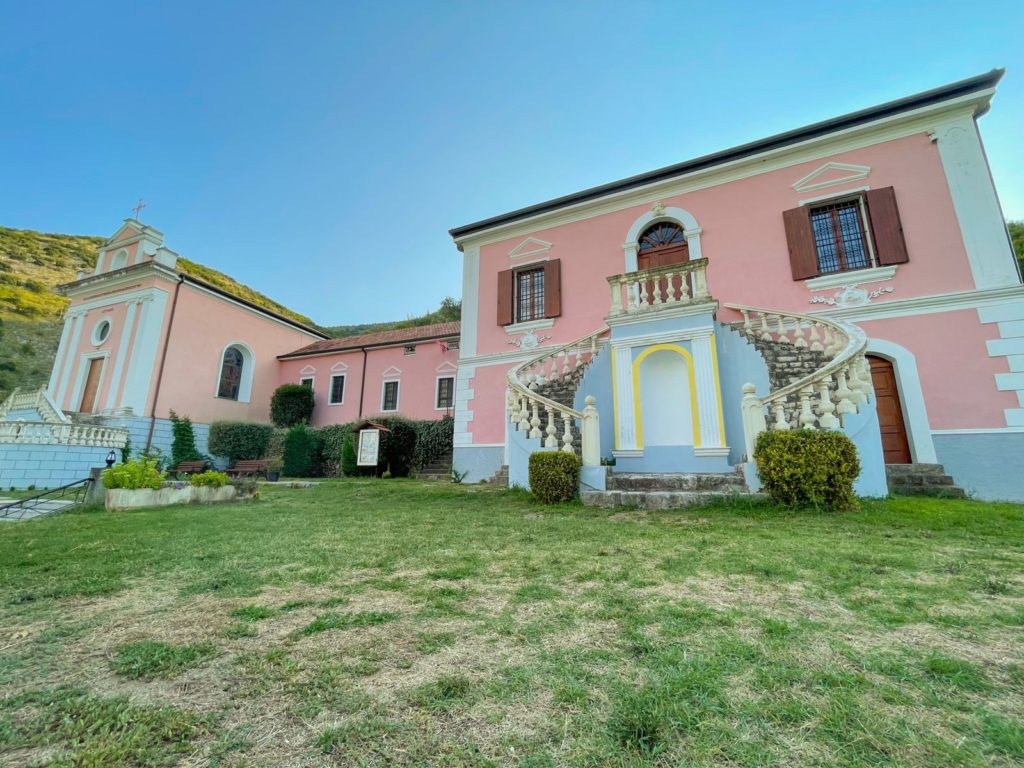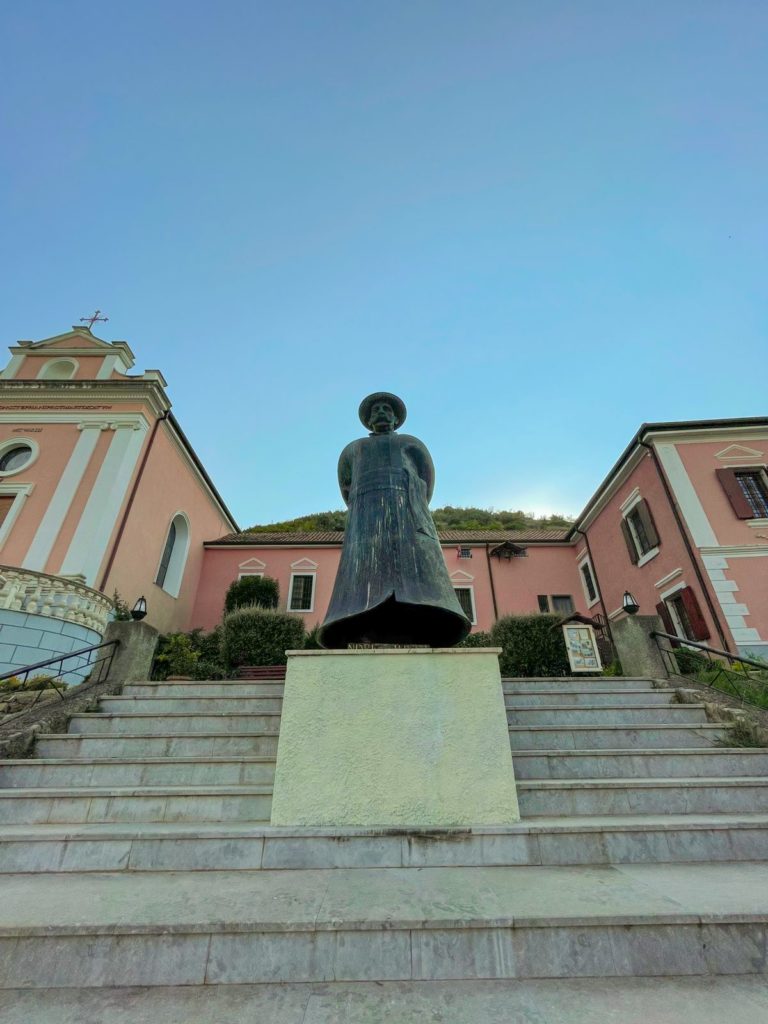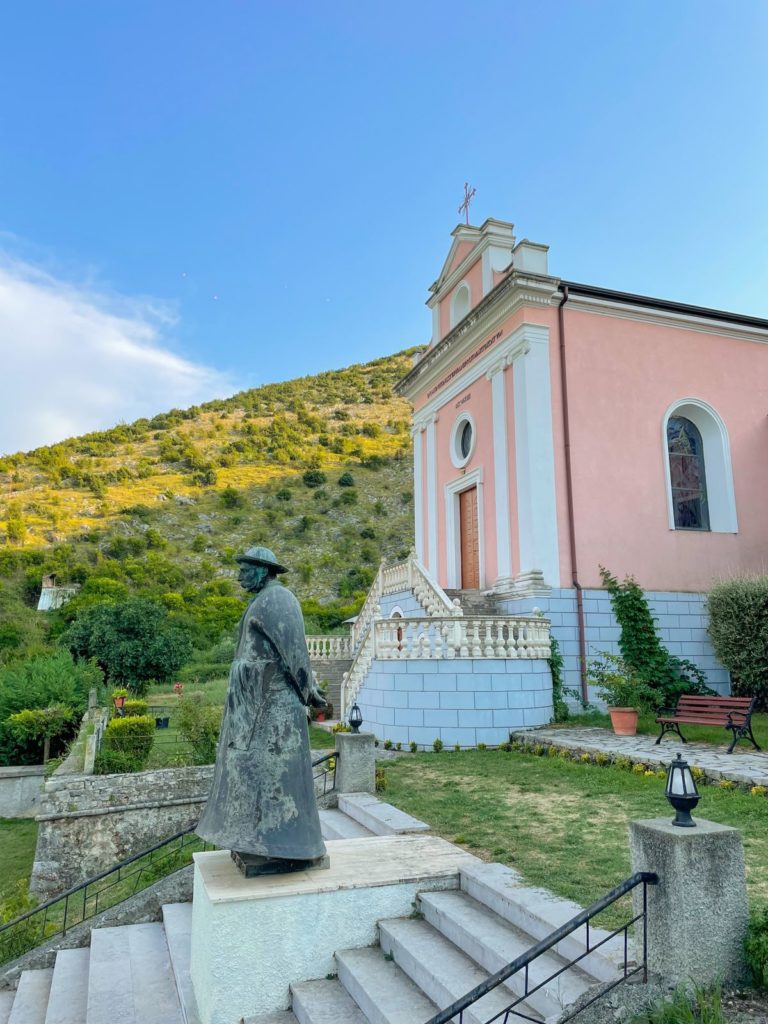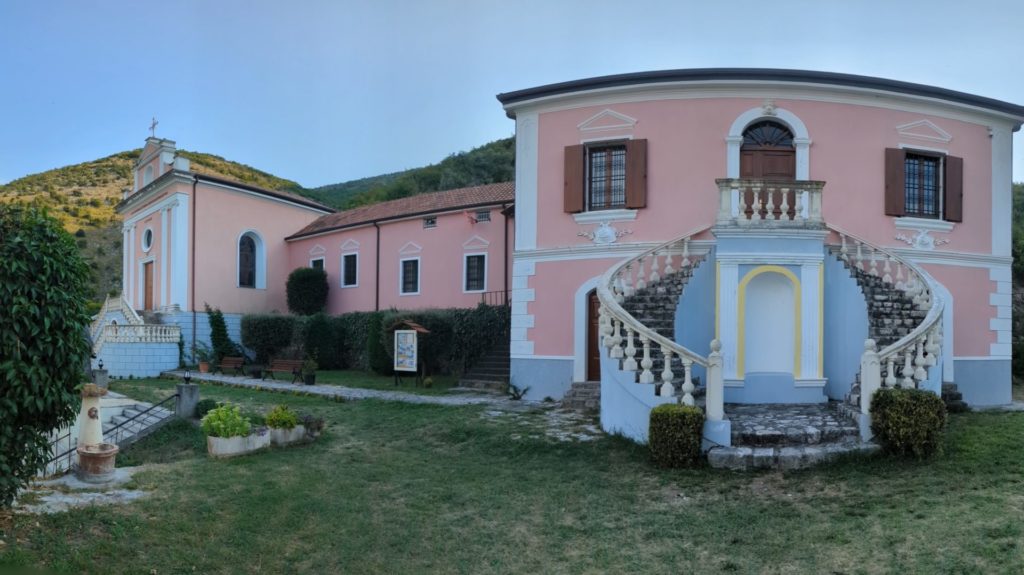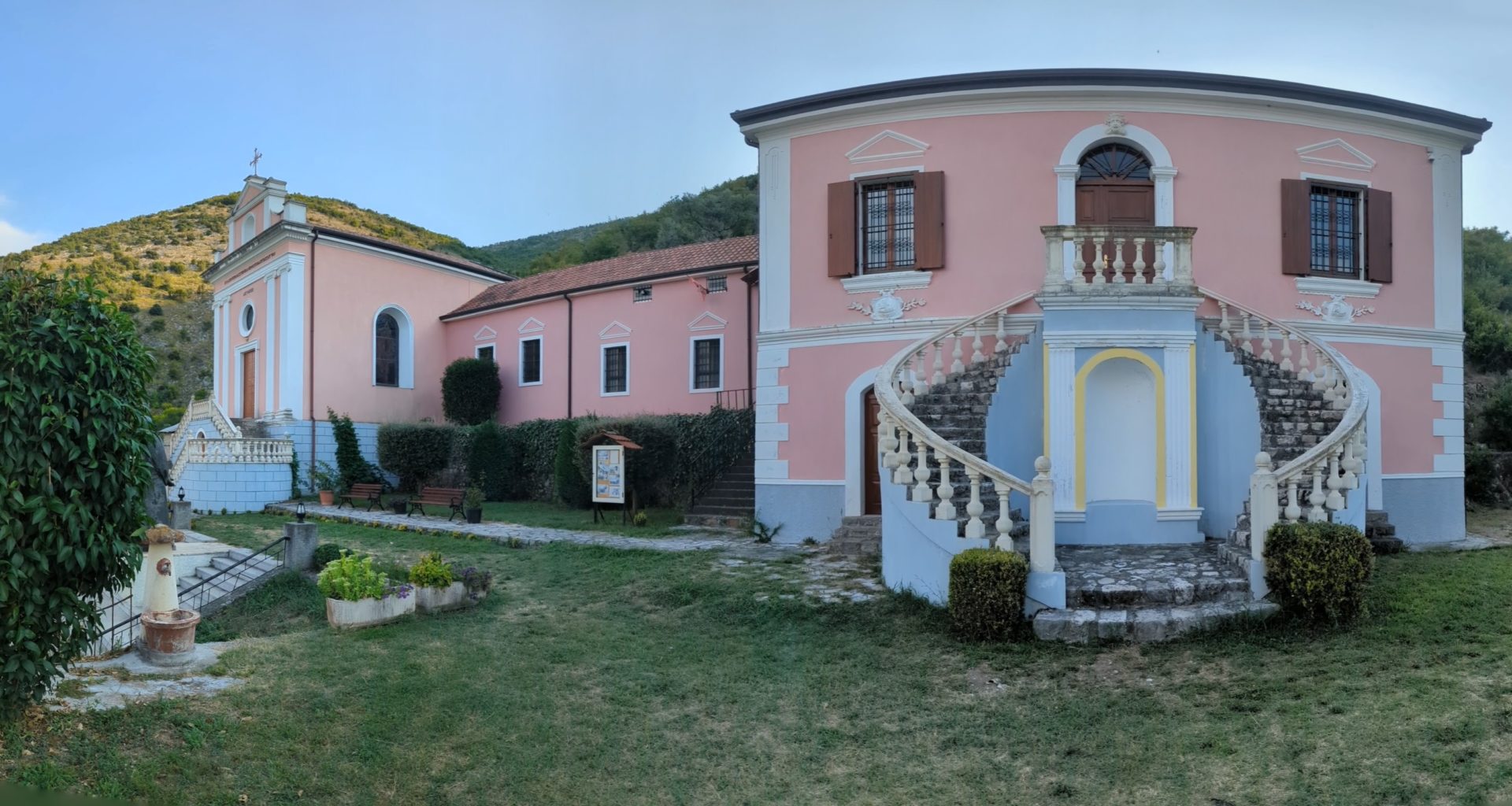Ndre Mjeda
Theologist, albanian language grammar, lexicology and philology scholar, teacher, professor, parliamentary member (1921-1925), writer of the interior regulation of the albanian parliament 1921-1923). Creator of the albanian language alphabet which was executed by the “Agimi” association. Prepared and published the readings for the first albanian schools in Albania. He was a delegate participant in the congress of Monastery for albanian language in 1908. Mjeda was a scientific researcher of the Elbasani dialect as the foundation of the standard albanian language in 1917, a national scientific activist and so on.He was born in Shkodër on november 20th 1866, son of Jak Zefi from Kryezi of Puka, and Lucija, daughter of Shtiefen Thaçi from Iballë in Puka. He was enrolled together with his brother Lazër at the Saverian College in Shkodër and studied from 1877 to 1880. The association of Jesu sent the young lad to further pursue his studies at the Kartusian Monastery “Porta Coeli” in the north of Valencia, Spain, where he studied literature. In 1883 he was in Porto Re studying Rhetorics, Latin and Italian, which was a jesuit institution. From 1884 till the beginning of 1877 he was trained at the “Marco Gerolamo Vida” college in Kremona that was led by the Gregorian University of Rome, while in 1887 he was transferred to another Greogòrian College in Chieri at the southeast of Torino where he would stay until the end of that year.From 1877 until 1891 Mjeda taught music at the “Marco Girolamo Vida” in Kremona. From 1891 Mjeda studied at the Telogy Faculty of the Gregorian College in Krakow, Poland and in 1895 he was ordained as a priest. There he was acquainted with the albanologic works of Meyer and Pedersen.After he returned home in 1899 he was appointed vicar in Vig, after which he served in Dajç and during 1906-1937 he served as a vicar in Kukël Bushat where he also rewrote his major pieces. He had been teaching albanian language and literature since 1930 at the jesuite college in Shkodër. The poetry of Mjeda not only is impacted by the contemporary rennaisance culture but also by his teacher Leonardo de Martino. As much in his verse we feel the influence of contemporary poets from Italy such as Karduçi, Paskoli, D’Anuncio and authors of latin literature. He passed away from heart attack on August 1st, 1937.
Museum and Chapel
While living in Kukel, in 1906, he designed and built his dwelling cell and in 1913, he finished the chapel, both of which represent the neo classic style. By the time these two buildings were banned to exercise their activities in 1967 until 1990, they were used for other purposes, the church was turned into a culture hub, warehouse and military warehouse, while the cell served as a dwelling place for the families who lived nearby.Since these two buildings were highly used during these years, in 2012 the restoration and reconstruction of the Church was made possible along with regulation of the surrounding environment. The cell of the poet was restored and was converted into a museum house. Due to the historic and architectural values these two objects uphold, the “Ndre Mjeda” Complex, Chapel and Cell, were proclaimed Monuments of Culture.
